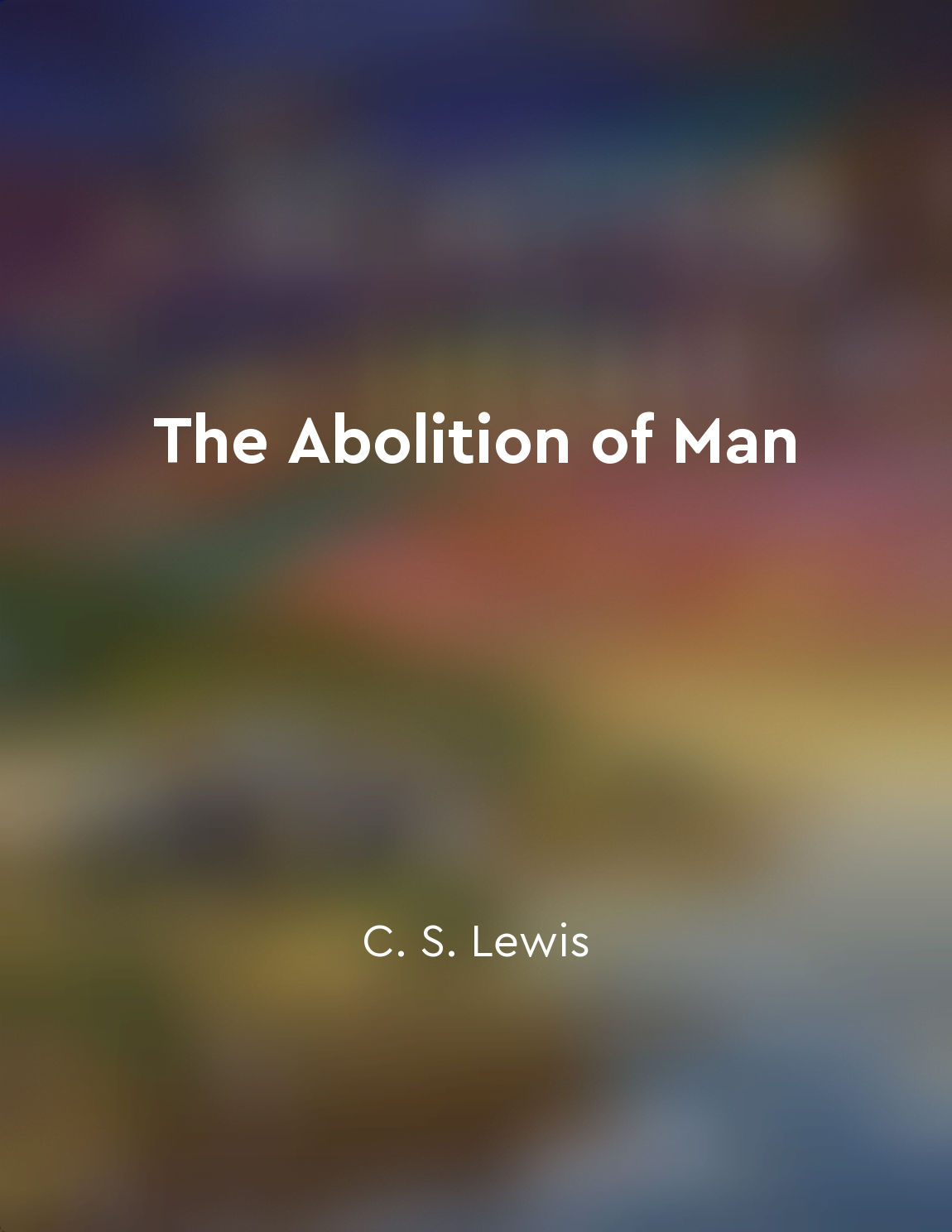Morality is grounded in rational principles rather than consequences from "summary" of Groundwork for the Metaphysics of Morals by Immanuel Kant
Morality, unlike other areas of human life, must be grounded in rational principles rather than consequences. Kant argues that moral actions should be performed out of duty rather than for the sake of achieving some desired outcome. This means that individuals should act in accordance with moral principles simply because it is the right thing to do, not because they hope to gain something from it. According to Kant, moral principles are derived from reason and are universal in nature. This means that they apply to all rational beings, regardless of their personal desires or interests. For Kant, morality is not a matter of subjective opinion or personal preference; it is based on objective, rational principles that are binding on all rational beings. Kant's moral philosophy is grounded in the idea of the categorical imperative, which is a universal moral law that applies to all rational beings. The categorical imperative requires individuals to act in accordance with principles that could be applied universally. In other words, individuals should only act in ways that they would want everyone else to act in similar circumstances. Kant also distinguishes between hypothetical imperatives, which are based on achieving specific goals or outcomes, and categorical imperatives, which are based on universal moral principles. While hypothetical imperatives tell us what we should do in order to achieve a particular goal, categorical imperatives tell us what we should do simply because it is the morally right thing to do. In summary, Kant argues that morality is grounded in rational principles rather than consequences. Moral actions should be performed out of duty, based on universal principles that apply to all rational beings. By following the categorical imperative and acting in accordance with universal moral laws, individuals can uphold their moral duty and maintain their moral integrity.Similar Posts
Bridging moral divides requires understanding different perspectives
To bridge moral divides, we must first understand that people have different moral foundations. Just as there are different tas...
Beliefs stem from lively and forceful impressions
Beliefs arise from the vivacity and strength of our perceptions. When an idea or impression strikes us with great force and liv...
Analytic philosophy focuses on clarity and precision in language
Analytic philosophy places a significant emphasis on the importance of clarity and precision in language. This approach aims to...
Understanding is contextual
Understanding is contextual. This means that our comprehension of a particular concept or idea depends on the context in which ...
Living in accordance with the Quran
Living in accordance with the Quran means following the guidance provided in the Quran in all aspects of life. It involves alig...
Human instincts have both biological and cultural components
The idea that human instincts have both biological and cultural components helps us understand how our behavior is shaped by a ...
Paralogisms reveal errors in applying categories to the self
The Paralogisms, as I have expounded upon, serve to uncover the fallacies that arise when one attempts to apply categories to t...

Prospect theory explains decision making under uncertainty
Prospect theory provides a framework for understanding how people make decisions when faced with uncertainty. It suggests that ...

Human beings are driven by a mix of selfinterest and social obligations
Human nature is a complex interplay of various motives and drives. At the core of human behavior lies a delicate balance betwee...

The need for an integrated understanding of reality
In order to truly grasp the essence of reality, one must strive for an integrated understanding that goes beyond mere fragmenta...
